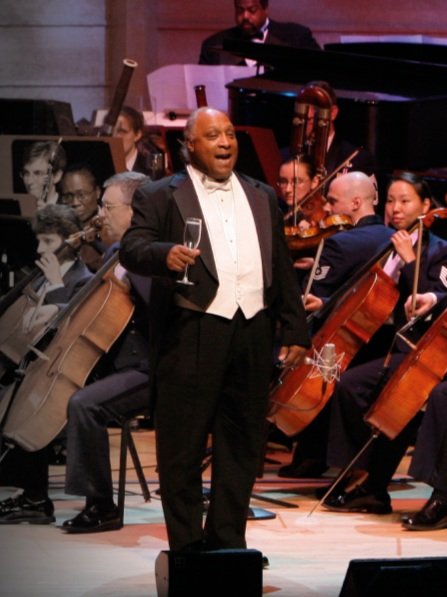

|
Thomas Young (born June 30, 1946) is a Grammy and Clio-award winning American lyric tenor. His first appearance at New York City Opera was in the roles of Street and Elijah Muhammed in the world première performance of Anthony Davis's X, The Life and Times of Malcolm X. He made his Lyric Opera of Chicago debut in the world première of Amistad by the same composer, portraying the Trickster God. Davis then composed another role for Young in his opera Under the Double Moon, which received its premiere at the Opera Theatre of Saint Louis. Young's other performances have included Aron in Schoenberg's Moses und Aron; Desportes in Zimmermann's Die Soldaten at City Opera; John Adams's The Death of Klinghoffer at San Francisco Opera; Schwalb in Hindemith's Mathis der Maler at The Royal Opera, Covent Garden; and Polo in Tan Dun's Marco Polo at the Hong Kong Festival, a role he created for the Biennale Festival (Munich). He has sung under the batons of Marin Alsop, James Conlon, Dennis Russell Davies,
Reinbert de Leeuw, Oliver Knussen,
Zubin Mehta,
Roger Norrington,
Simon Rattle, Esa-Pekka
Salonen, and Leonard
Slatkin, among many others. His performances have included Stravinsky's Oedipus rex, Gounod's Faust, the U.S. premiere of Armida (as Rinaldo) with Tulsa Opera, Handel's Imeneo at New York City's Town Hall, and Gershwin's Porgy and Bess (as Sportin' Life) with Houston Grand Opera. He has also performed musical theater roles, including Judas in Jesus Christ Superstar, the title role in The Wiz, the Leading Player in Pippin, and Che in Evita. He is also the singing voice of Mighty Mouse in the animated series. Young has made numerous concert appearances with many major orchestras at venues that include Avery Fisher Hall, Alice Tully Hall, Brooklyn Academy of Music, and The Apollo. He has performed in jazz concerts with Tito Puente, Nancy Wilson, Clark Terry, Phil Woods, J. D. Perren, James Carter, Julius Hemphill, Mike Renze, Doc Cheatham, and Michael Wolff. Young performed with Ann-Margret at Caesars Palace in Las Vegas. He performs as part of the ensemble Cook Dixon and Young, formerly Three Mo' Tenors. Young's many recordings include Nancy Wilson's album Life, Love, and Harmony, the Grammy Award-winning recording of William Bolcom's Songs of Innocence and of Experience with Leonard Slatkin; and Too Hot to Handel with Marin Alsop. Young's television appearances have included: The Days and
Nights of Molly Dodd, Aida's Brothers and Sisters, and the
Mitch Miller Show. He performed at the Will Award Gala at
the Shakespeare Theatre Company in Washington D.C. in honor of Judith
Dench. He is a professor of music at Sarah Lawrence College,
and is married to the soprano Susan Eichhorn Young. == Names which are links refer to my interviews
elsewhere on this website. BD |
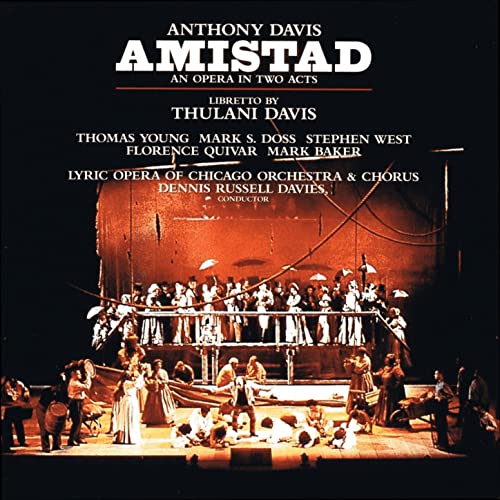
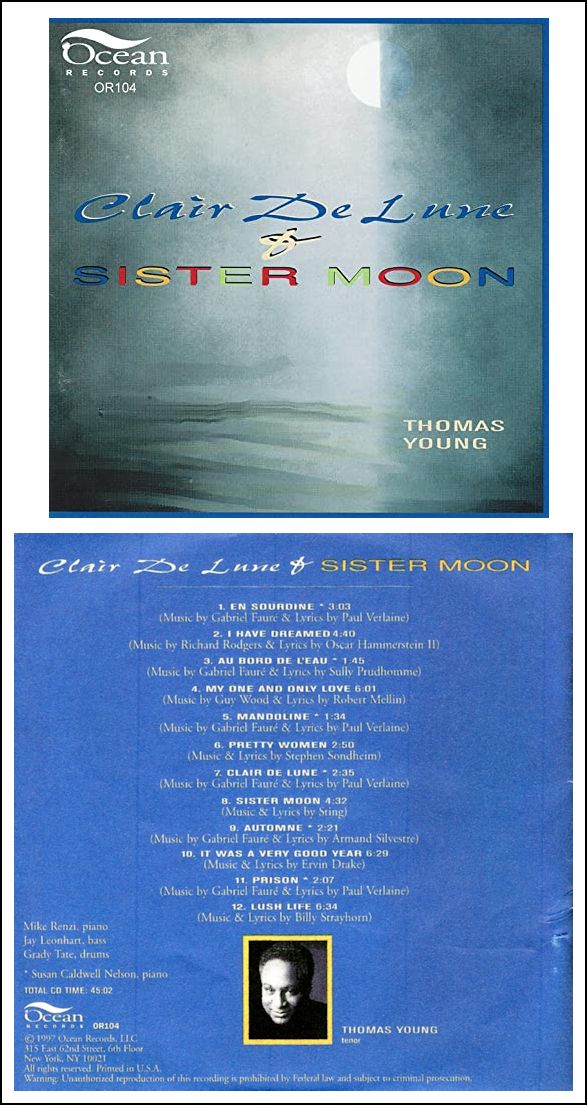
| Fauvism is an art movement and style that was
established towards the beginning of the 20th century. Pioneered by the
likes of Henri Matisse and André Derain, in its early years Fauvism
was predominantly affiliated with French artists. Fauvist art is characterised
by its bold colours, textured brushwork and non-naturalistic depictions.
In some ways, Fauvist artists emerged as an extension of the Impressionist
artists working at the turn of the century. Linked by the way they painted
directly from nature, Fauvists are sometimes associated with post-Impressionism.
However, unlike the Impressionists, the Fauvists paid particular attention
to capturing emotion in their subjects. Often painting portraits, landscapes
and nudes, the Fauvists enhanced the colors and tones of the natural world,
while closely observing scientific color theories that had been developed
in the previous century. Fauvism combines many of the art movements that
proceeded it, borrowing everything from German Expressionism to neo-Impressionism. The term ‘Fauvism’ translates to mean ‘wild-beasts’ and was coined by critic Louis Vauxcelles following the 1905 Salon d’Autumne exhibition. The exhibition, which was held in Paris, caused widespread outrage. Such vibrant and unnatural colours shocked the public and critics alike, but Fauvism soon earned its place as one of the first avant-garde art movements of the 20th century. The figure most commonly associated with Fauvism is none other than Matisse. Taking influence from Gauguin, van Gogh and Seurat, Matisse moved art that one step closer to abstraction. This groundbreaking modernist movement did away with the stillness of the subject matter, instead instilling color with movement and brushwork with energy. |
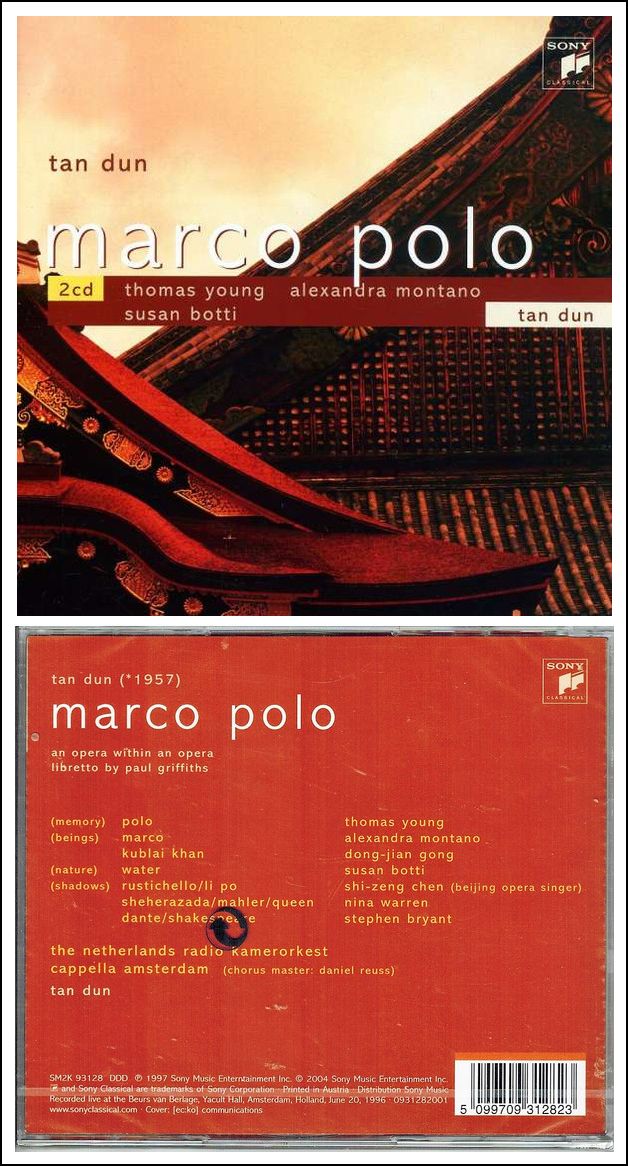
|
The following item is from my interview with
Lyric Opera’s Property Master Thomas Gilbert...
BD: Are you supposed to try to come in under budget? Gilbert: Yes. BD: [With a gentle nudge] Do you get a bonus if you beat the budget? Gilbert: [Sadly] There are no bonuses. [Both laugh] This budget is pretty strict. Most of the time I usually don’t work with the budget. It usually comes down to a matter of making them happy. I go out and look, or my assistant goes out and looks, and then we come back and say these are options, these are pictures, this is going to be this, this is this much. Then, I sit down and talk about it, and it goes all the way up. They say, okay, yes or no, and you eventually either go back and get that, or you have to settle for something else... or we go down into the shop. We have a couple of pretty good carpenters downstairs that can whip out in a day or two what you need and make it look aged. For instance, last year in Amistad, we were trying to find two tables for the two sets of lawyers in the trial scene. They had to sit on little pallets that could only be so big, and they had to be pushed out with push sticks, and ride in the tracks. So, they had to be a certain size, and the certain style that he wanted. We couldn’t find it, and we didn’t have much time, so we made them. We went through a book with the designer, and he picked out what he wanted to see. We took that down with the dimensions we had to have, and the carpenters made it. The next day we brought in the scenic artist to paint it the way he wanted, and he was very happy. So were we, because it worked! In the end, it didn’t cost nearly as much as a real antique table that size. 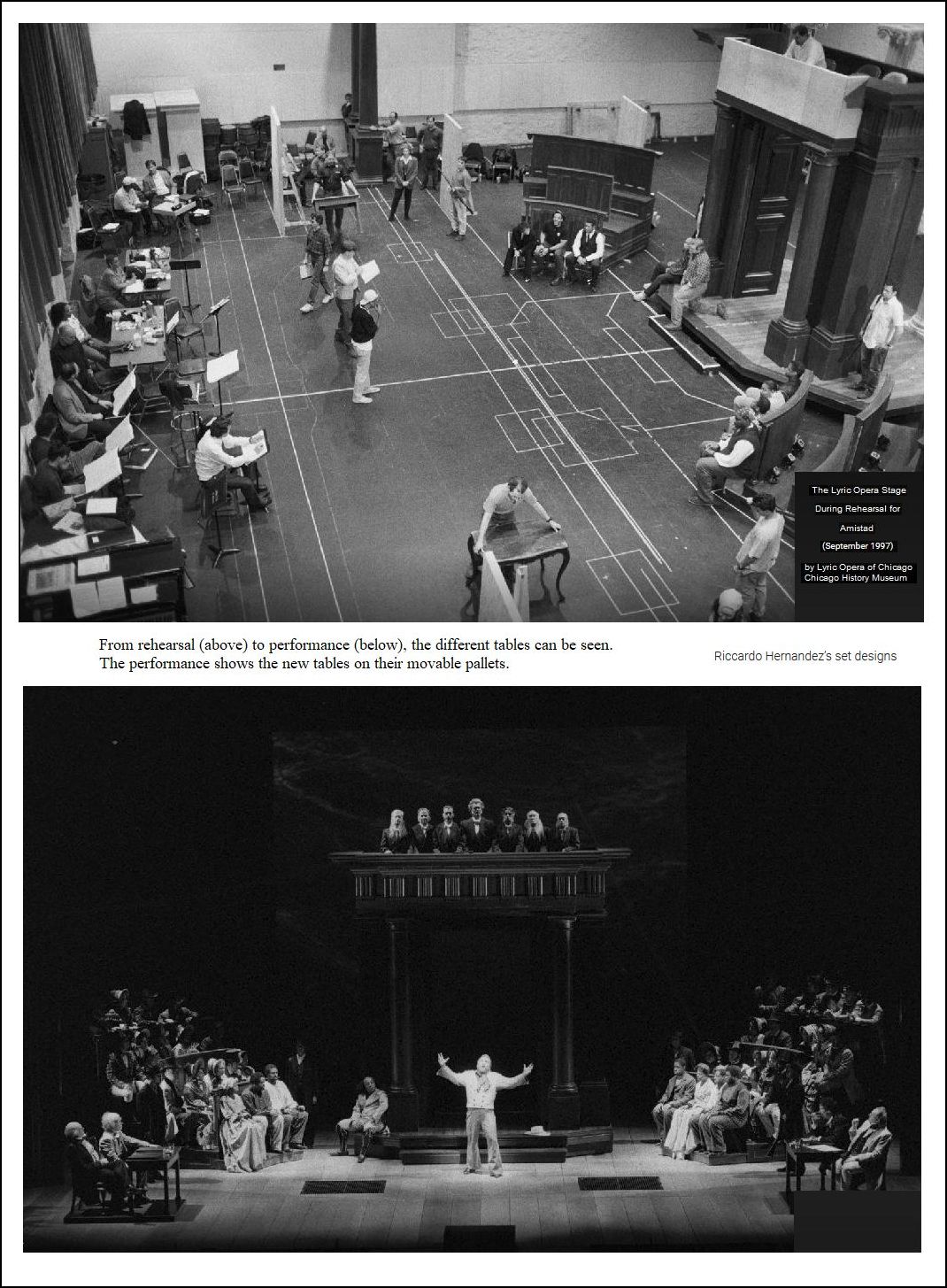
|
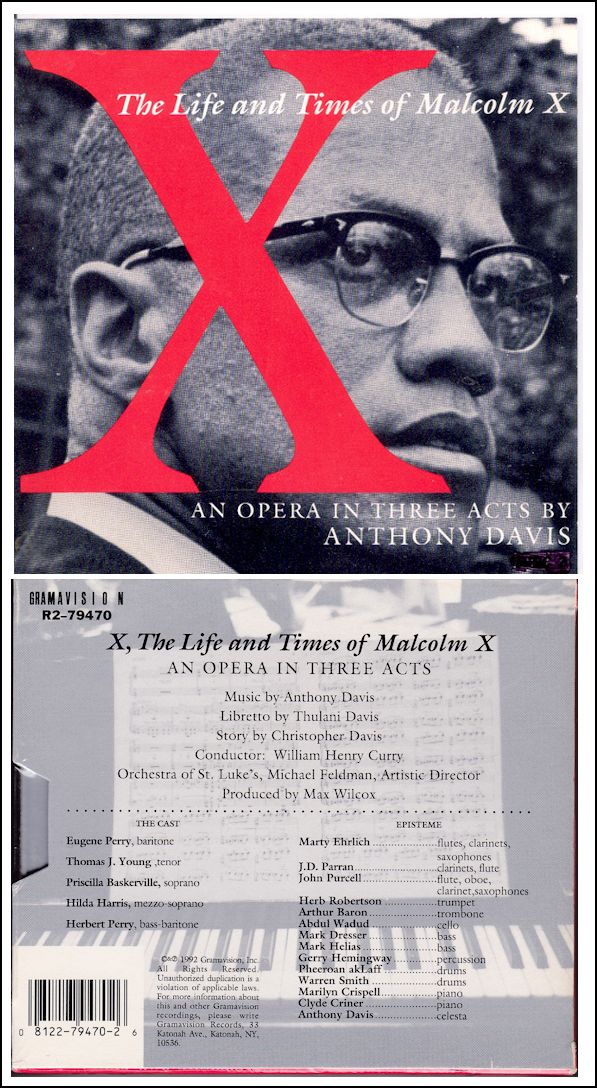
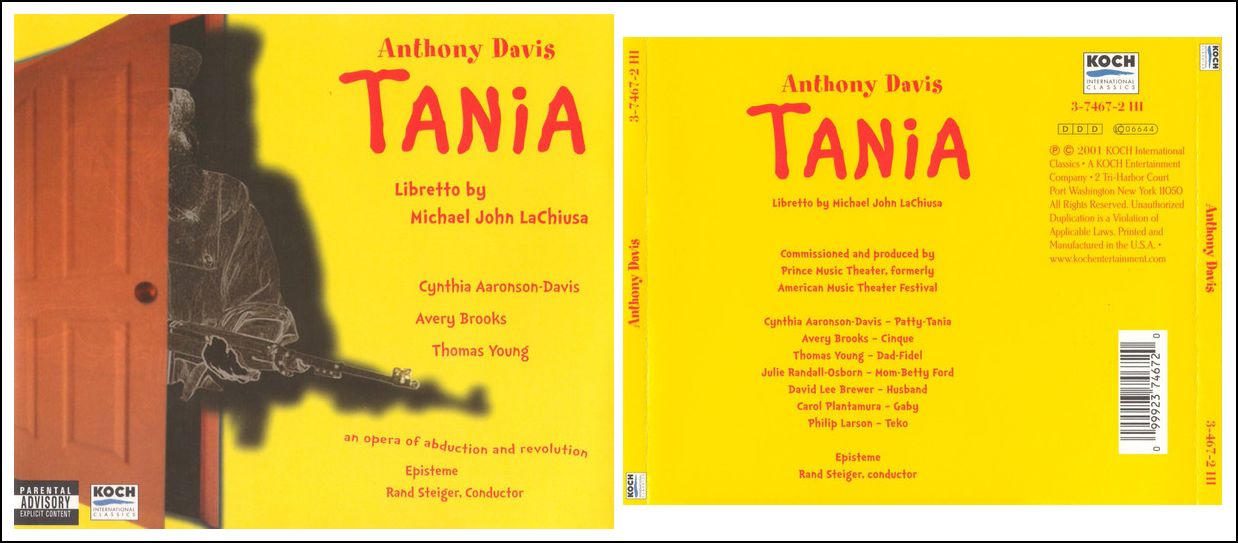
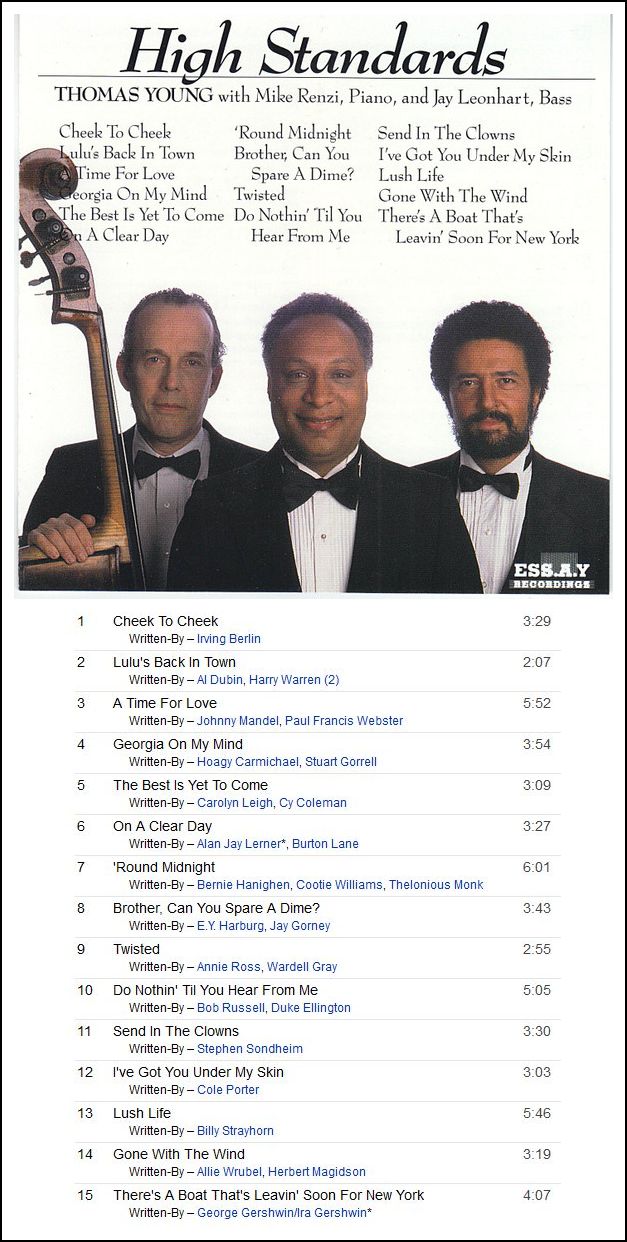 BD: Let me ask a very easy question. What’s
the purpose of music?
BD: Let me ask a very easy question. What’s
the purpose of music?| The pianoforte, more commonly called the piano,
became, by the last quarter of the eighteenth century, a leading instrument
of Western art music, for both professionals and amateurs. The modern piano
is a highly versatile instrument capable of playing almost anything an
orchestra can play. It can sustain pitches in a lyrical fashion, creating
all musical styles and moods, with enough volume to be heard through almost
any musical ensemble. Broadly defined as a stringed keyboard instrument
with a hammer action (as opposed to the jack and quill action of the harpsichord)
capable of gradations of soft and loud, the piano became the central instrument
of music pedagogy and amateur study. By the end of the nineteenth century,
no middle-class household of any stature in Europe or North America was without
one. Almost every major Western composer from Mozart onward has played it,
many as virtuosi, and the piano repertory—whether solo, chamber, or with
orchestra—is at the heart of Western classical professional performance.
A 1700 inventory of Medici instruments mentions an “arpicimbalo,” i.e., an instrument resembling a harpsichord, “newly invented by Bartolomeo Cristofori” with hammers and dampers, two keyboards, and a range of four octaves, C–c”’. The poet and journalist Scipione Maffei, in his enthusiastic 1711 description, named Cristofori’s instrument a “gravicembalo col piano, e forte” (harpsichord with soft and loud), the first time it was called by its eventual name, pianoforte. |
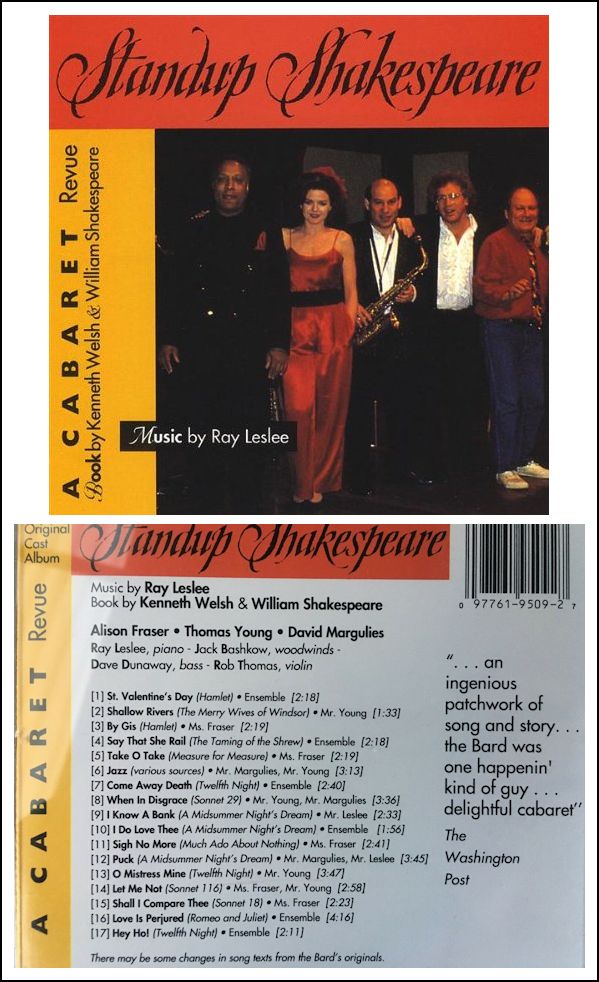
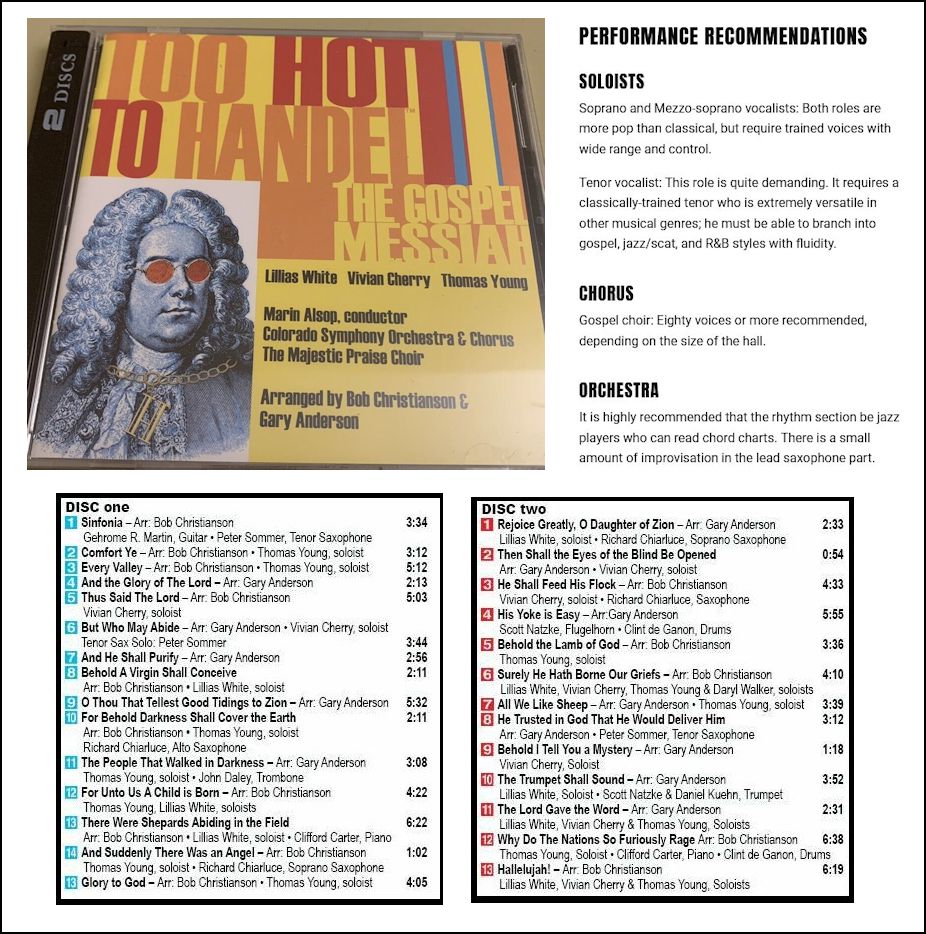
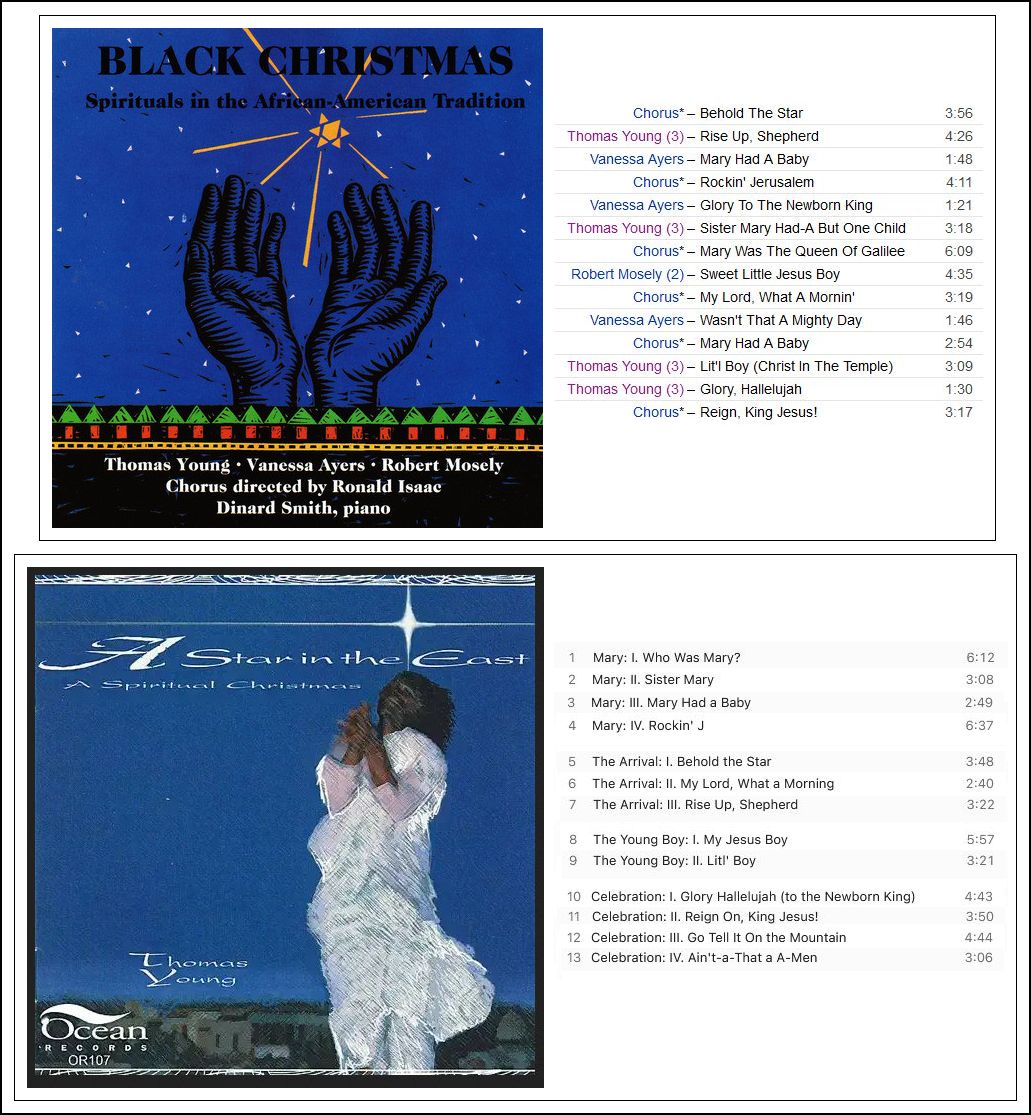
© 1997 Bruce Duffie
This conversation was recorded in Chicago on December 15, 1997. Portions were broadcast on WNIB the following day. This transcription was made in 2022, and posted on this website at that time. My thanks to British soprano Una Barry for her help in preparing this website presentation.
To see a full list (with links) of interviews which have been transcribed and posted on this website, click here. To read my thoughts on editing these interviews for print, as well as a few other interesting observations, click here.
Award - winning broadcaster Bruce Duffie was with WNIB, Classical 97 in Chicago from 1975 until its final moment as a classical station in February of 2001. His interviews have also appeared in various magazines and journals since 1980, and he now continues his broadcast series on WNUR-FM, as well as on Contemporary Classical Internet Radio.
You are invited to visit his website for more information about his work, including selected transcripts of other interviews, plus a full list of his guests. He would also like to call your attention to the photos and information about his grandfather, who was a pioneer in the automotive field more than a century ago. You may also send him E-Mail with comments, questions and suggestions.